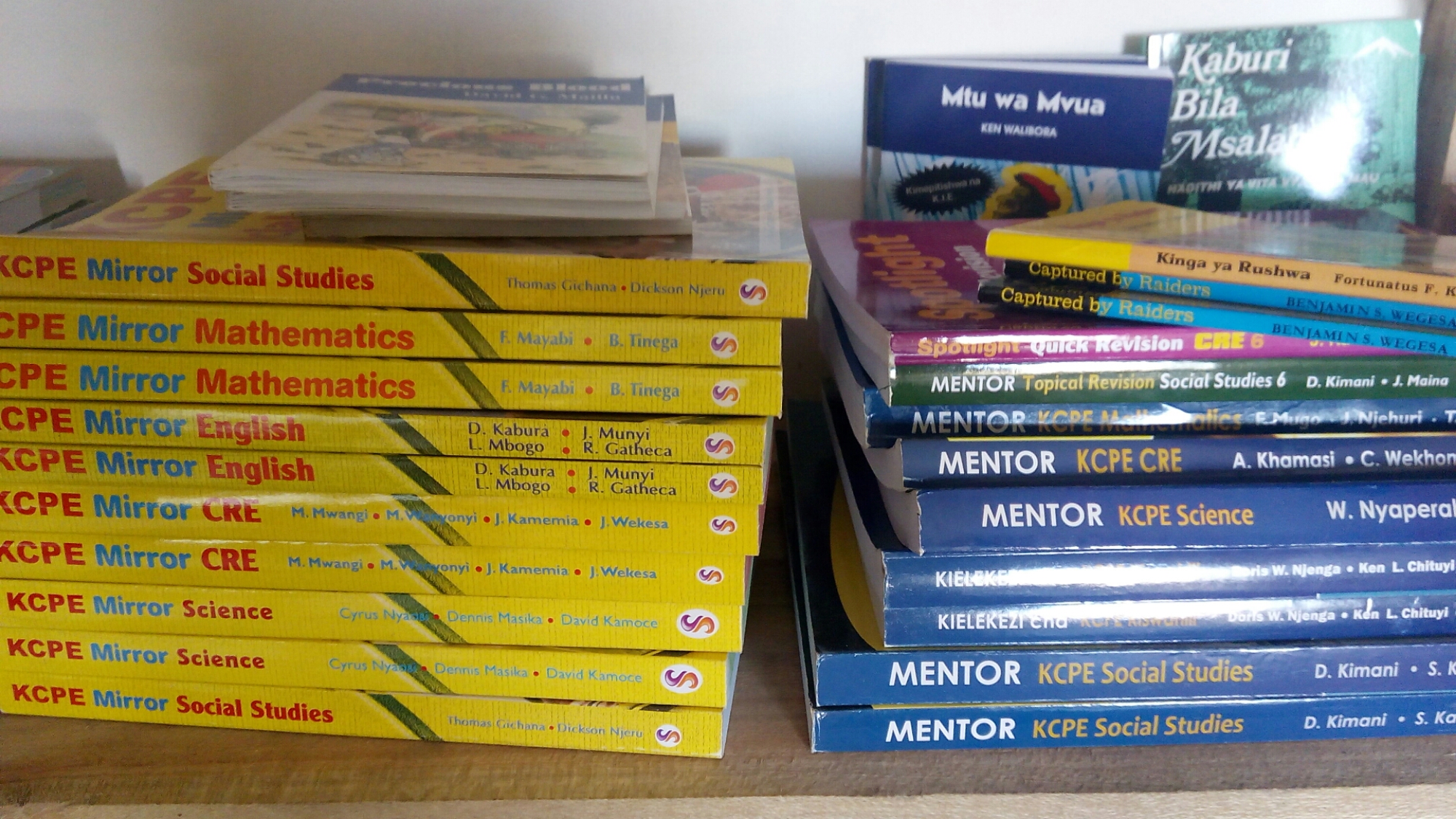The tracking system of a truck ferrying textbooks to Nyamira County was interfered with before it was stolen and books dumped in a forest.
The Grade 8 books that were abandoned in Kaptagat forest belong to Moran Publishers.
“Moran Publishers further indicated that the driver of the truck ferrying the books and the truck itself could not be traced. They had tried to reach the driver of the truck without success,” reads a press statement issued by the Kenya Publishers Association (KPA). “They suspect that although the vehicle had a tracking system to enable them know its location and hence that of the books, the system could have been interfered with, since they are not getting any signals.”
The books were however secured and taken to Kaptagat Police Station.
The incident happened on the morning of Saturday January 20
“The DCI are therefore currently doing investigations to establish the whereabouts of the driver of the truck, trace the truck, and hence shed light on what could have happened,” said the statement signed by Kiarie Kamau, the chairman of KPA.
“KPA (and the affected publisher – Moran) are therefore waiting for updates from the DCI, after which they will know the next course of action,” added the statement. “Meanwhile, KPA wishes to assure the public that the exercise of Grade 8 book distribution is on its tail end, in spite of the heavy rains that continue to pound many parts of the country.”
KPA added that although the Kenya Institute of Curriculum Development (KICD) had given Publishers up to January 19 to complete the distribution, this was not possible, “mainly due to challenges relating to access of the areas heavily affected by the ongoing rains. However, KPA is confident that the exercise will be fully done by 31st January.”
Meanwhile, Moran Publishers wishes to assure head teachers in Nyamira County that despite the unfortunate turn of events affecting their books, they have in place contingency measures to ensure the region receives its share of books on schedule to facilitate normal learning activities.
The Ministry of Education, through KICD, tasks publishers, whose books have been vetted and approved for use by pupils, to deliver them to schools as a way of ensuring a 1:1 ratio of books and pupils.




